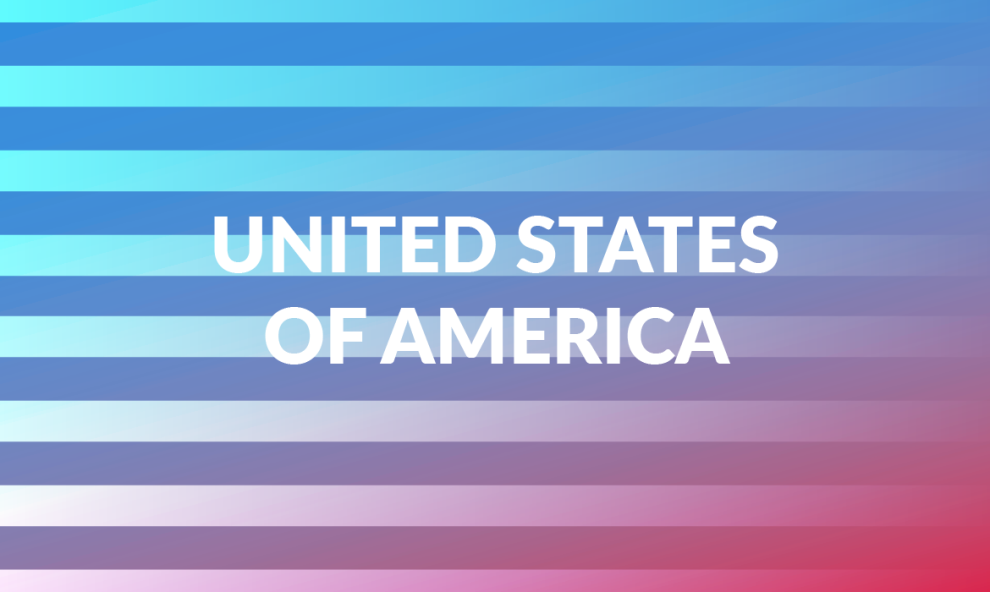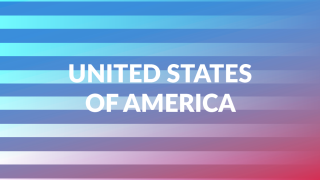Interesting to observe Mexico from the standpoint of the debate taking place in Washington. The financial crisis that overtook the U.S. in recent years has been as political as it has been economic and that political component made it particularly distinct from our experiences at similar moments. To view Mexico from Washington allows understanding the resemblances, but also the differences.
Two themes have been slated for debate in Washington from the moment the 2008 crisis began: one, the type of response that the government was required to give and two, the cause of the crisis itself. The response stemmed from the newly inaugurated Obama in the form of an ambitious program that, however, left the then Congressional Leader the responsibility of deciding on the allocation of monies. In contrast with the President about to take office, the-then Speaker of the House was saddled with vast political debt, which translated into a poorly focused stimulus, ill calibrated, thus one accompanied by an inevitably poor result. The successive debate, over the past five years, has been devoted to determining whether the stimulus should have been greater or whether there should have been an additional one. Few took it upon themselves to note, or were willing to accept, the fact that the stimulus was inadequate and that its impact on the extraordinary growth of the public debt was enormous.
The debate on the causes of the crisis is much more interesting because it casts light on a way of conducting politics that is radically distinct from Mexico’s. There’s virtual consensus that the crisis began in the financial sector and that in its management lie the instruments that agglutinated or “packaged” home mortgage loans: in general terms, the economists coincide in that it was the pressure exerted by diverse members of Congress to oblige the banks to grant loans to persons of scarce resources that unleashed the crisis. The reason for this resides in that the financiers, ever creative (and steeped in perverse incentives), devised mechanisms to provide mortgage credit to resource-poor individuals (who never should have assumed it) through an instrument that permitted very low mortgage payments during the first years but that later increased abruptly. The result was that millions of persons took out this credit and, when the cost rose, abandoned their properties, precipitating the crisis. The fact is that the crisis transformed the U.S. financial system as well as U.S. politics.
Contrary to what politicians sought and expected, the crisis wound up allowing a small ensemble of mega-banks to sprout up and strengthen, which further concentrated the risk. On the political side, the crisis generated an abysmal cleft that has divided U.S. politics, impeded approval of the budget over the past five years and created frequent crises over debt ceiling. Although at specific junctures one party has won and the other has lost, surveys show that it’s the politicians in general, independently of the party to which they belong, who have forfeited legitimacy.
All of this has created an extremely polarized climate, where the Democratic Left has advanced its high expenditure agenda, higher taxes and programs to attack poverty, while the Republican Party has been divided into those who would rather wheel and deal with their Democratic colleagues and those who, from the “Tea Party” tribune, propose paralyzing the government on behalf of decreasing its expenditure and returning to financial stability.
The first great contrast with Mexican politics lies in the government’s capacity to act. Although we Mexicans complained a lot, during the epoch of financial crises as well as in successive years, the prime characteristic of the Mexican political system has been for the President to retain massive latitude to act and respond. When Zedillo confronted the crisis of 95, Congress voted for the entire package that he proposed. In some cases, such as Fobaproa, debate and controversy ensued but, in the end, the President got its way. In contrast, Obama has not been able to advance his budgetary initiatives and his singular program in health insurance matters continues to experience one setback after another. The difference between the two political systems is laser-sharp.
One way of interpreting the differences is to observe the mechanisms of checks and balances that exist in both societies. While in Mexico the government has the capacity to twist arms, buy votes or impose its will, the U.S government survives at the mercy of its Congress and enjoys relatively moderate powers. In Mexico the government emits decrees that, although criticized, become public policy, while in the U.S. the government finds itself up against the Supreme Court every time steps over the line. Democracy has its costs, but also its virtues.
Perhaps the greatest of the differences resides elsewhere: in Mexico the darlings of the regime, in each government, entertain a disproportionate capacity for influencing the future, modifying the Constitution and advancing their preferences. There are dozens of constitutional reforms that are were inadequate, counterproductive and vice-ridden from the very beginning, which are due to individuals within the government who, on meeting no counterbalance whatsoever, eventually have their druthers.
The U.S. has problems but a political system that protects the citizen from the most egregious excesses. In Mexico that protection is overall open to question. Democracy takes its toll, but the absence of checks and balances is conceivably the most unmistakable measure of underdevelopment encountered in daily life.
Mexico Viewed from Washington







Comments